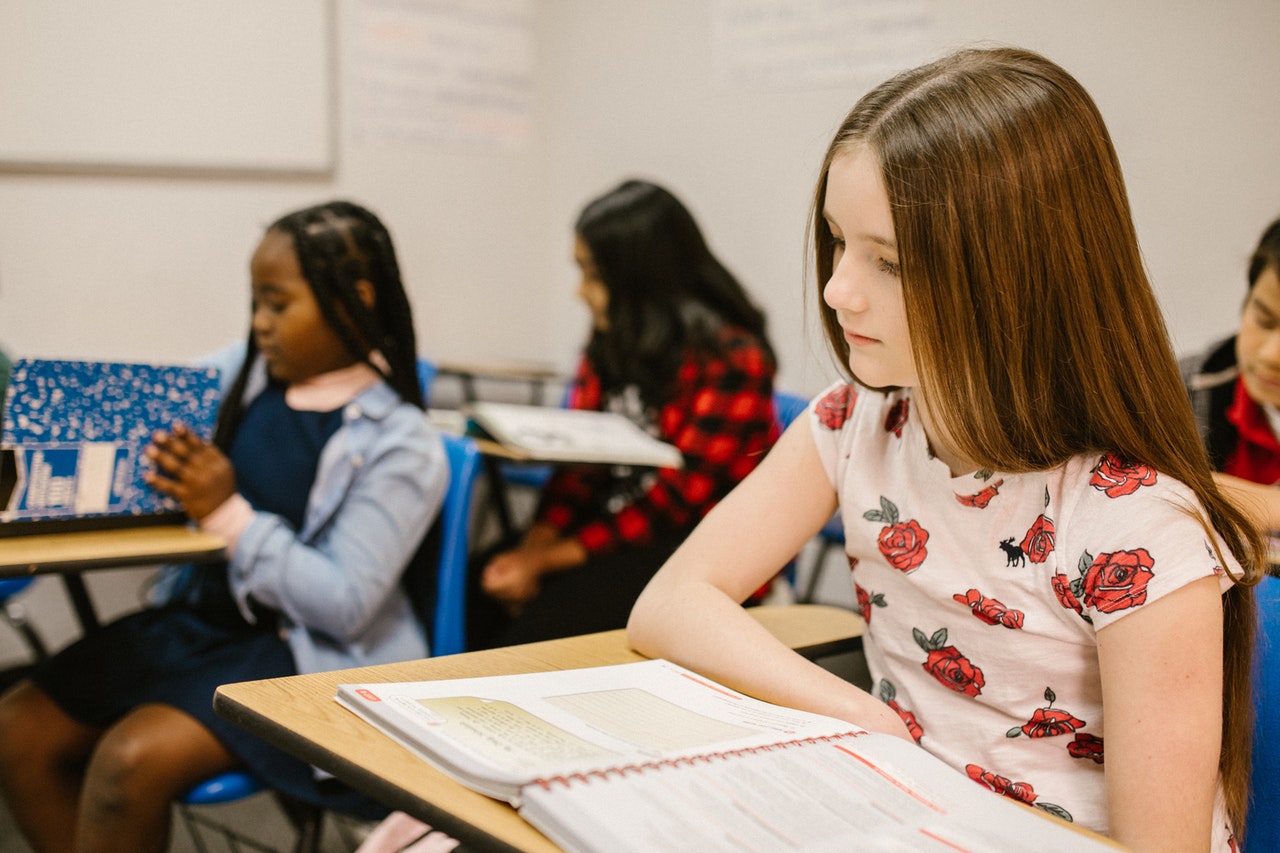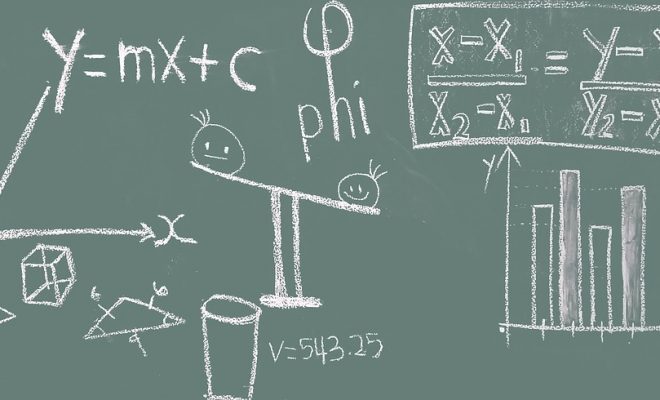A Guide to Differentiation in Mathematics

Differentiation is essential in classroom instruction to ensure mastery is achieved by students of all ability levels. When considering mathematics, it can be difficult to find effective ways to scaffold and differentiate. The first step to achieving effective differentiation is to evaluate the proficiency level of each student, and understanding where the knowledge gaps are occurring.
Once you understand which students need differentiation, it is important to find language, modeling approaches, and activities that are accessible to those students. Two effective differentiation strategies include tiered instruction and flexible grouping. We will explore these concepts and discover how to incorporate them into classroom instruction with ease.
Identifying General and Conceptual Readiness
The first step to achieving effective differentiation in classroom instruction is to identify the zones of proximal development of students. One approach to this is to reach out to a fellow teacher of the grade level lower than you and ask for a few formative assessments that they used in their classroom for the same concept. You can adapt these assessments into your own formative assessment to identify students that are struggling with this specific concept. Be sure to include different depths of knowledge on these assessments.
This baseline assessment should include items that address simple recall and skill (i.e., one-to-one associations, verbs such as “identify” and one-step equations) as well as strategic thinking abilities (word problems, multi-step problems, and equation creation). This does not need to be a long assessment, 3-5 questions should be enough to gain an understanding of the student’s abilities. Be sure your students understand how to show their work. You may also perform informal assessments through the observation of students during small group, independent or general instruction.
Flexible Differentiation Groups
After reviewing the assessments, group students into small groups (ideally 3-5 students per group, though in large classes up to 10 is acceptable). Form the groups not solely by score, but by the concepts with which they are struggling. These groups are fluid and should hold true to the name “flexible” – as you tackle different benchmarks, some students will move to different groups. Most mathematics instruction includes time for small group rotations – this would be the best time to sort your flexible differentiation groups.
Tiered Lessons
Tiered lessons are another effective way to achieve differentiation for mathematics. Through tiered lessons, you will reach your struggling students by accessing the depth of knowledge levels you know they have mastered based on your assessment. For example, you can construct activities throughout your lesson that access below grade level knowledge, as well as on grade level and above grade level knowledge.
This reaches students that have challenges with mathematics by allowing them to engage in instruction with minimal frustration. You may also choose to structure your tiers on grade level, but beginning with the lowest level of knowledge and progressing to higher orders of thinking.
Differentiated instruction can be a pain point for many educators, but it does not need to be. Differentiation is a critical part of any effective classroom, and can easily be incorporated into lesson plans. Flexible group instruction is effective if your math lessons allow for small group rotations, and offers students performing below grade level time to gain confidence and make progress toward their learning goals.
Tiered lessons and activities are other powerful ways to differentiate during instruction. Using either one or both of these strategies will help to ensure that your lessons are accessible to all students, no matter their proficiency level.






